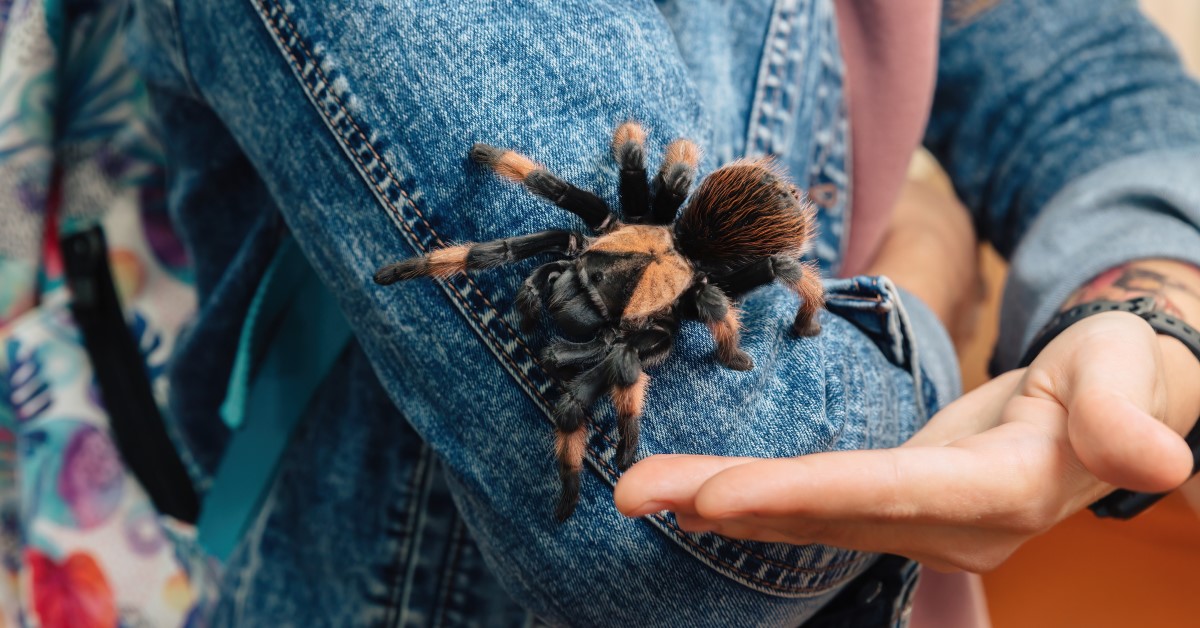News Nexus
Your source for the latest in general news and information.
Are You Ready to Share Your Home with a Capybara?
Discover the joys and challenges of welcoming a capybara into your home. Are you prepared for this adorable adventure? Find out now!
Understanding Capybara Care: Essential Tips for First-Time Owners
Capybaras, known for their social nature and gentle demeanor, make unique pets that require careful attention to their needs. First-time owners should prioritize capybara care by ensuring they provide a spacious environment that mimics their natural habitat. A large, secure enclosure is essential, complemented by a swimming area since these semi-aquatic mammals love water. Regular access to fresh fruits, vegetables, and specially formulated pellets will keep them healthy, while fresh hay is crucial for digestion. Remember to maintain a clean living space to prevent health issues and reinforce a stress-free atmosphere.
Socialization is another critical aspect of capybara care. These animals thrive in groups, so consider adopting more than one capybara to provide companionship and reduce loneliness. Daily interaction and playtime are vital for their happiness and well-being. Additionally, owners should familiarize themselves with common health concerns, such as dental issues and skin problems, which can be mitigated with proper care and regular veterinary check-ups. In conclusion, understanding the fundamental aspects of capybara care will lead to a rewarding and enriching experience for both you and your furry friend.

Is Your Home Suitable for a Capybara? Key Considerations Before Adoption
Before adopting a capybara, it's crucial to assess whether your home is suitable for these unique pets. Capybaras are highly social animals that thrive in environments where they can interact with others, whether it's humans or other pets. They require ample space to roam and graze, so a large, secure outdoor area is essential. Additionally, you should consider the local climate, as capybaras are native to warm, tropical areas and may struggle in extreme cold. If you have a small apartment or limited outdoor space, you might need to rethink your decision.
Another key consideration is the necessary permits and local regulations regarding keeping exotic pets like capybaras. Many regions have specific laws governing ownership that can include zoning laws, health permits, and even limitations on the number of animals you can keep. Therefore, it's essential to research and comply with these regulations to ensure a smooth adoption process. Ultimately, adopting a capybara is a significant commitment, and understanding whether your home environment can cater to their needs is the first step toward responsible pet ownership.
What to Expect When Living with a Capybara: A Complete Guide
Living with a capybara can be a wonderfully unique experience, as these social and friendly creatures have a personality that is hard to resist. Capybaras, known for their amiable nature, thrive in environments where they feel safe and stimulated. Before bringing one into your home, it's essential to prepare a suitable habitat that includes plenty of space, access to water for swimming, and companionship, as they are highly social animals. Ensure you understand their dietary needs; a balanced diet primarily consisting of grass and fresh vegetables is vital for their well-being.
When integrating a capybara into your life, you can expect a range of behaviors and care requirements. They typically enjoy a peaceful environment and can display signs of stress in chaotic settings. Besides regular check-ups with a veterinarian experienced with exotics, it's crucial to note that capybaras can form strong bonds with humans and other pets. Adopting a pair is often recommended, as this helps meet their social needs. Expect to invest time not just in daily care but also in socialization to ensure a happy, well-adjusted pet.